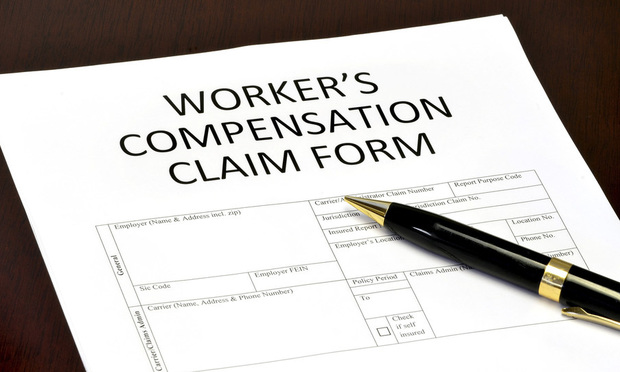As is well known, the Supreme Court in Protz v. Workers’ Compensation Appeal Board (Derry Area School District), 124 A.3d 406 (Pa. Commw. 2015), petition for allowance of appeal granted, 133 A.3d 733 (Pa. 2016), has found the entire IRE section of the Workers’ Compensation Act to be unconstitutional. Left undecided, however, is the equally important question of whether the Supreme Court’s holding in Protz can be applied retroactively or prospectively only. It is reasonable to assume that the Supreme Court did not directly address the issue of retroactivity in Protz because the issue had not been argued or briefed before the court. However, the court did make it apparent that the issue would have to be decided eventually when it noted that Section 306(a.2) of the act was being invalidated “without consideration of the exigencies that arise or ‘how trying our economic or social conditions become.’” The court seemed unwilling to “open that can of worms” until it the issue was properly before it.
A few days ago, the Supreme Court took the first step in resolving the retroactivity issue, albeit indirectly, by granting a petition for allowance of appeal filed by a claimant who had unsuccessfully attempted to reopen a claim for temporary total disability benefits (TTD) that had been modified to partial disability eight years earlier via the IRE process. The order granting the petition simply vacated a May 2017, unreported decision of the Commonwealth Court and remanded it back to that court to determine whether the Supreme Court’s own decision in Protz applies retroactively.







